I'm trying to print the text "Ääkkösiä ruutuun." to console with c++. I have windows 7 and am using Code::Blocks editor. Searching on the subject I found that maybe these sort of lines would help
_setmode(_fileno(stdout), _O_U16TEXT);
wstring s{L"Ääkkösiä ruutuun."};
wcout<<s<<endl;
But when I try to compile it, I get the error: _fileno was not declared in this scope.
I have all these includes:
#include <iostream>
#include <fstream>
#include <string>
#include <vector>
#include <map>
#include <set>
#include <stdexcept>
#include <cmath>
#include <sstream>
#include <fstream>
#include <codecvt>
#include <locale>
#include <fcntl.h>
#include <io.h>
#include <stdio.h>
#include <cstdio>
#include <ostream>
what am I missing?
Also, one other thing I tried was locale, but then locale::empty wasn't found! Why doesn't my c++ have anything in it?
EDIT Here is a picture of what my program is doing now.
It prints out just the first letter (Ä). What happens to the rest?
Ok, it seems that setmode sets it so that only one letter gets printed. (Even trying to print normal texts with multiple commands, just results in a single letter.) Without it the scandinavian letters don't print correctly, thought. They look like this:


